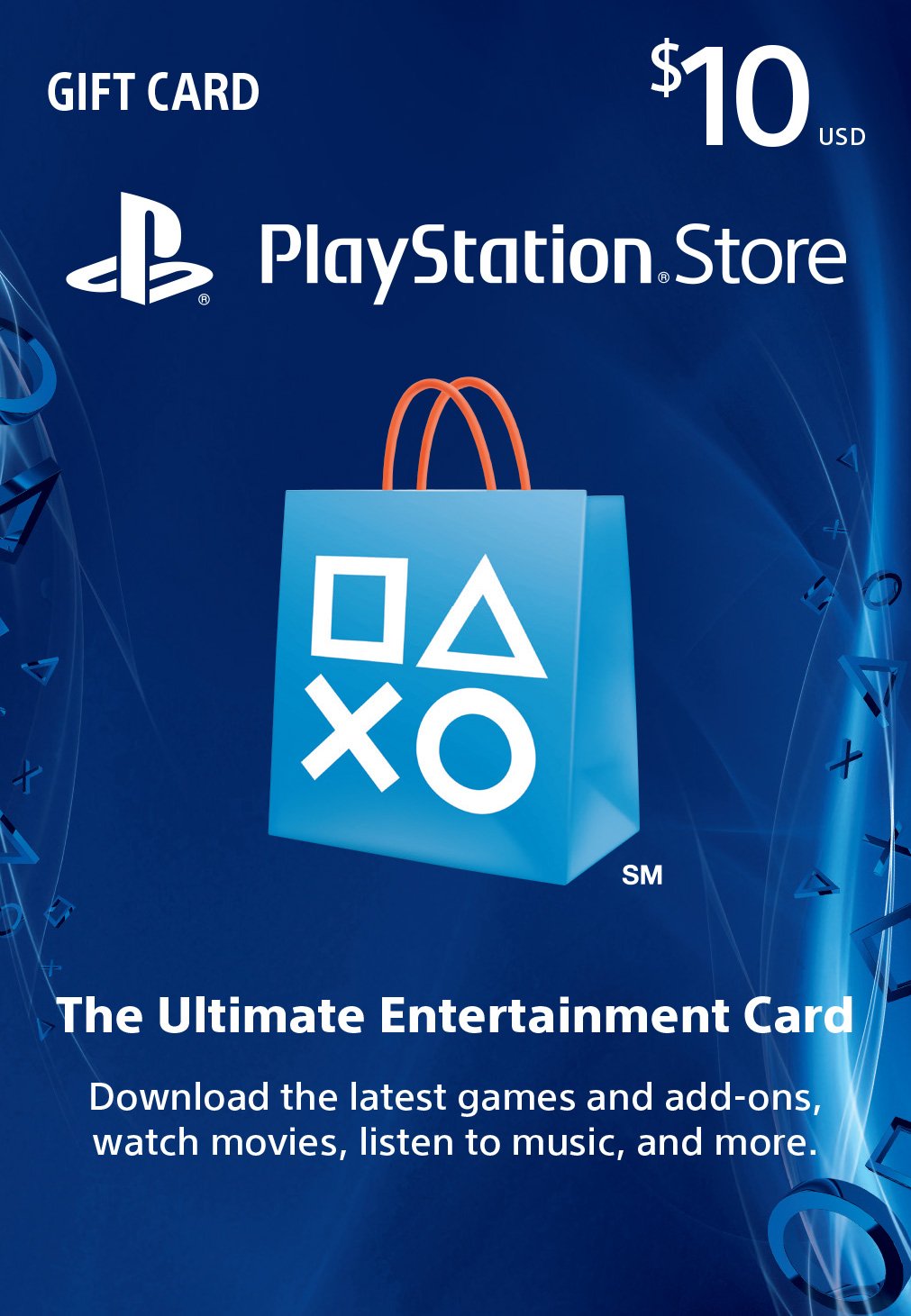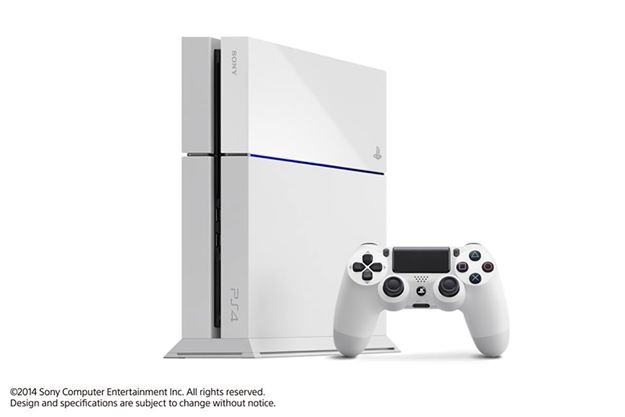The Playstation Store, which is now referred to as the Sony Entertainment Network Store, was introduced in 2006 for the PS3. It has since been expanded to the PSP, Vita and PS4 systems. One of the primary methods for purchasing games, movies and apps from the digital marketplace is by buying PSN Cards. Each card contains a code, which can be redeemed on the Playstation Store through multiple devices.

Using the PSN Cards have many benefits with the biggest one being security. In April of 2011, the Playstation Network was hacked, causing Sony to shut down its online gaming service. The breach resulted in millions of accounts being compromised. Although the credit card information were encrypted, the other private details of customers were not. While Sony eventually got a handle of the situation, a lot of customers decided to unlink their credit cards from their Playstation Network accounts.
Even if the PSN debacle was sorted out, hackers are finding new ways to steal cash. In a more recent example, a few users received fraudulent charges on their credit cards. The vulnerability was linked to the popular FIFA games. Being a retailer first and foremost, a website like Amazon simply has more trust in the consumer’s eyes as opposed to Sony in regards to security.
The other advantage of PSN Cards is the ability to gift to others. Sony Entertainment Network Store currently has no gift option where you can buy a game and send it to your friend or family member. By purchasing the Playstation Network cards or codes, you can send the present to your special someone, similar to how regular gift cards from certain stores are used.
Video games are becoming more digital than ever before although the physical disc releases are still the prefer method of buying a title. In fact, all retail releases are also available on the digital stores of the Vita, PS4 and Xbox One. The latter two consoles also features mandatory installation for all disc games, meaning that the same title is running on the hard disk drives of the systems regardless of whether or not it was purchased as a disc or digital download.
A lot of video games can only be bought on the Playstation Store as well. For example, Journey and The Walking Dead ended up being the two most critically acclaimed releases of 2012 although they were only available as digital titles at launch. Both games eventually came out on discs but a lot of customers are still buying the software digitally.
Publishers actually save a lot of money by going digital. These companies do not have to worry about creating discs, cases and manuals. They also eliminate any concerns about over shipping a game to retailers, risking returns of unsold inventory. Speaking of which, the publishers earn more per sale as the middleman, who takes up a percentage, is cut off. Gaming companies have been passing on these savings to the customers frequently on the Playstation Store with Sony has been holding weekly sales on multiple games and DLC expansion packs.
Buying the Playstation Network Cards does have a few disadvantages, however. Inputting the PSN codes can be a bit cumbersome, especially when entering them using the game pad. Likewise, you won’t be able to pay the exact amount if you are looking to buy a game on the Playstation Store. For example, if you have a balance of $4.99 but the game you want is $9.99, you will have to buy a $10 card (if you don’t want to use your credit card directly) to cover the differences.
However, the inconveniences most definitely do not outweigh the many positives of the items. The PSN Cards can be bought in increments of $10, $20, $50, $60, $75 and $100, giving you plenty of options. If you are interested, you can check out each increment on Amazon with the following links: $10 PSN Card, $20 PSN Card, $50 PSN Card, $60 PSN Card, $75 PSN Card and $100 PSN Card.


Um…of course they are worth it.
I had $10 off for Best Buy as well as 10% off. I used both toward the purchase of a $50 PSN card and applied that to my preorder of Destiny. I either saved $14 or $15, depending on if the 10% was applied before or after the $10 off…I forgot which.
I don’t buy the card itself, I just buy the digital code at Amazon since I don’t trust Sony with my credit card info. Believe it or not my account was hacked multiple times last month and Sony couldn’t do anything. Every time Sony gave me my account back I changed password (I used ridiculously long passwords BTW with numbers and special characters too) but it got hacked again and again by the next day. By the 3rd or 4th time I tried to call Sony again and they refused to help me out unless I gave them the serial number of my original PS3 but that console got YLOD years ago and I did not have it anymore, so I lost hundreds of dollars in digital games and DLC.
To the few people that read my comment, remember to write down the serial number of your original PS3 or PS4 where you created your first SEN/PSN account and put it in a save place because you don’t know if you’ll ever need it like it happened to me. I never thought I would get hacked like this.
There are also advantages when the traditional retail stores have a sale and the cards on on sale. This happened with X-Box Live for me. X-Box Live was 20% off, then the code was 25% off so I essentially saved 45% of the Gold Subscription. These cards can end up being valuable in the same way.
I don’t have any trust issues using my credit card to buy digital games, but I use PSN cards because I’m not in the USA and the only way to get access to the content offered to USA customers is either by paying with a credit card issued by a US bank, or with PSN cards for the US market. I buy those cards through Amazon, since they don’t care from wich country is the bank that issued your credit card, and I get a digital code in my email with out having to pay any shipping or taxes. I still don’t understand why Sony gives special privileges to the USA and treats the rest of the world as second class customers. Microsoft and Valve don’t discriminate with their online services, why does Sony?